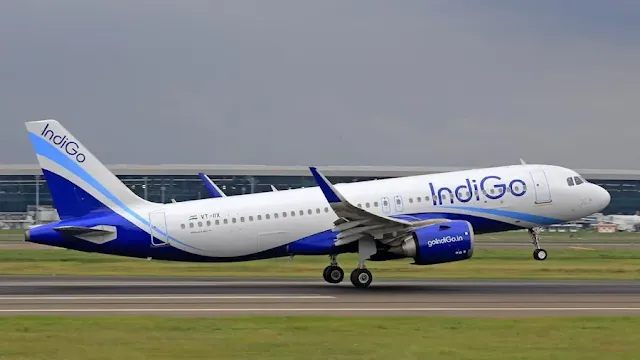When booking a domestic flight in India, the final price often surprises travelers due to various taxes and fees added to the base fare. These charges can significantly increase costs, making it essential to understand them for better travel planning and budgeting. For example, last year, while booking a flight from Mumbai to Jaipur for a family wedding, I was shocked to see the ticket price nearly double due to unexpected fees. By breaking down these charges, this guide aims to help you navigate the complexities of airline ticket pricing in India and make informed decisions.
Table of Contents
Base Fare and Airline Charges
The base fare is the core cost of an airline ticket, set by the airline based on factors like demand, route competition, and operational costs. Some airlines may also include a fuel surcharge (often labeled as YQ or YR tax), though its prominence has decreased due to deregulation. Understanding these charges helps travelers compare ticket prices effectively. For more details on airline pricing, visit Air India's official website.
Government Taxes and Fees
The Indian government imposes several mandatory taxes and fees on domestic air travel, automatically included in ticket prices. These charges support airport operations and regional connectivity initiatives.
GST on Flight Tickets in India
Goods and Services Tax (GST)
The GST is applied to the base fare and varies by travel class:
- Economy class: 5% GST
- Business class: 12% GST
For a detailed explanation of GST rates, refer to IndiaFilings.
Passenger Service Fee (PSF)
The PSF covers airport security and passenger facilities, typically INR 150 per passenger per sector. Learn more about airport fees on Airports Authority of India.
User Development Fee (UDF)
The UDF supports airport development and maintenance, varying by airport. Major hubs like Delhi and Mumbai charge higher UDFs than smaller regional airports. Check specific airport fees at Delhi Airport.
Regional Connectivity Scheme (RCS) Fee
The RCS fee, around INR 50 per ticket, subsidizes flights to smaller cities under the UDAN scheme. For more on RCS, visit Wikipedia's UDAN page.
Airline-Specific Charges
Meal and Seat Selection Fees
Optional services like meal preferences or seat selection incur additional fees, varying by airline and flight duration. Airlines like IndiGo and SpiceJet outline these charges clearly.
Baggage Fees
Most airlines offer a standard baggage allowance, but excess baggage fees can add up. Check airline policies on IndiGo’s fees page or SpiceJet’s service fees.
Convenience Fees
Many airlines charge a convenience fee for online bookings, typically INR 150–300 per ticket. To avoid this with Air India, book directly through their official website or at airport counters, as these channels often waive the fee.
Frequently Asked Questions
How much are taxes and fees on domestic flights?
Taxes and fees vary but typically include GST (5% for economy, 12% for business), PSF (INR 150 per sector), UDF (varies by airport), and RCS fees (around INR 50). Additional airline fees may apply for baggage or seat selection.
How to calculate taxes and fees on airline tickets?
Add the base fare to applicable taxes (GST, PSF, UDF, RCS) and airline-specific charges (fuel surcharge, convenience fees, baggage fees). Check the fare breakdown during booking for accuracy.
What is YQ and YR tax?
YQ and YR are fuel surcharges airlines may add to cover fuel costs. These vary by airline and route but are less common due to deregulation.
What is the convenience fee in a flight ticket?
A convenience fee is a charge (INR 150–300) for booking through certain platforms. It covers processing costs and can sometimes be avoided by booking directly with the airline.
How to avoid convenience fees in Air India?
Book directly on Air India’s website or at their airport counters to avoid convenience fees.
How to avoid a convenience fee?
Avoid convenience fees by booking directly with the airline’s official website or at their physical counters. Compare booking platforms to find fee-free options.
For tips on timing your bookings, check out Best Time to Book Flights to India.







